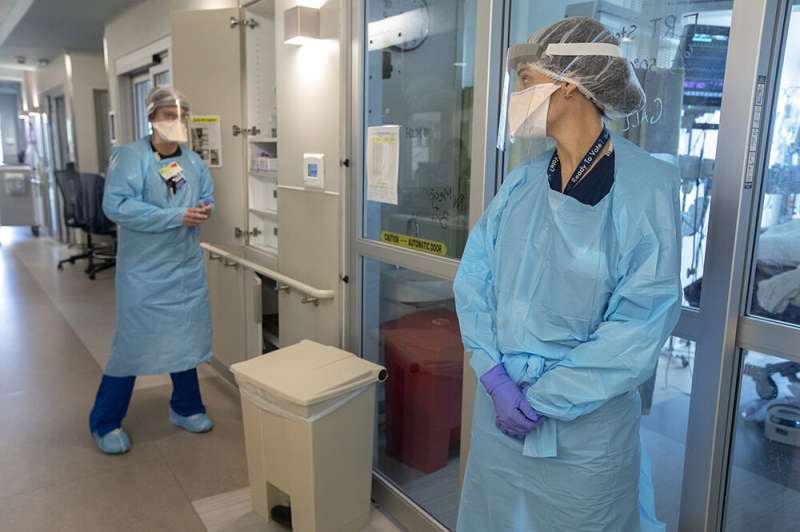
Vaccination is not only effective in keeping teens out of the hospital because of COVID-19, but it’s also effective in keeping teens from becoming so ill that they must stay in the intensive care unit or receive life support, according to a report in the New England Journal of Medicine.
There’s huge variation in what it means to be hospitalized, pointed out Elizabeth Mack, M.D., division chief of Pediatric Critical Care Medicine and a spokeswoman for the American Academy of Pediatrics. As the principal investigator at MUSC Children’s Health for the Overcoming COVID-19 study, she is also an author on the new report. “Vaccines, including COVID-19 vaccines, aim to prevent serious illness and mortality, and we now have evidence in children that the COVID-19 vaccines have done exactly what they should.”
The study compared 445 COVID-19 patients at 31 hospitals in 23 states with 777 patients who didn’t have COVID-19. All of the patients were between 12 and 18 years old.
“The vaccine was 98% effective against COVID illness that required ICU care and 98% effective against COVID illness that required life support,” Mack said.
Of the 180 teens who were admitted to the ICU, only two had been vaccinated, according to the report. None of the 13 teens who needed extracorporeal membrane oxygenation or the seven who died were vaccinated.
At Medical University of South Carolina (MUSC) Children’s Health, none of the children who have been admitted for COVID-19 have been vaccinated, Mack said.
“We, unfortunately, contributed a significant number of children with COVID-19 to this study,” Mack said, due to the case rates in South Carolina.
The two groups in this study—the COVID patients and the non-COVID patients—were similar in that 70% in each group attended in-person school. Of the COVID patients, 74% had at least one underlying condition, and among the non-COVID patients, 70% had at least one underlying condition.
Mack noted that underlying conditions are quite common.
“Here in South Carolina, one in three children is overweight,” she said. And one in 12 children in the state have asthma.
Source: Read Full Article